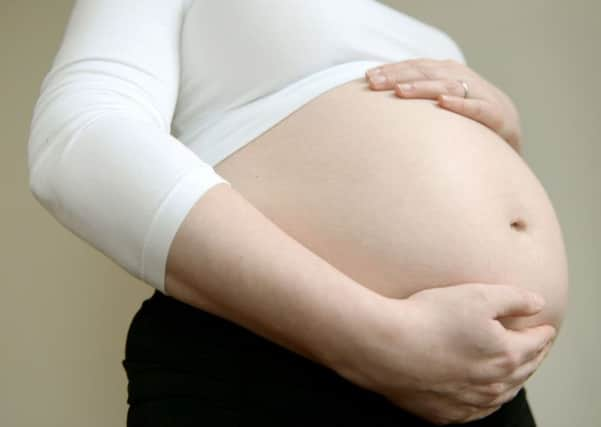The main reason why new mums die may surprise you – Dr Catherine Calderwood


I have been asked “Why on Earth would we prioritise spending money on that?” The most common conditions associated with pregnancy are mental health issues. Anxiety, depression (and more rarely psychosis) will affect 20 per cent of women – this is much more common than raised blood pressure, diabetes, the baby not growing well, and five times more frequent than preterm birth – yet these physical conditions are the main focus of all of our antenatal care. The riskiest time in a woman’s life for significant mental illness is in the first few days after she has given birth, the main reasons women die in the first year after giving birth are related to mental health issues and suicide.
Although this is now very rare, we should not be satisfied until this figure is down to zero. Pregnancy and the first year after birth can be stressful, difficult and lonely. The impact is not just felt by these women. As I have written about before, Adverse Childhood Experiences (ACEs) can have harmful effects on both mental and physical health of our children. Harm can extend into adulthood and there is increasing evidence about the impact of a new baby on the mental health of fathers and other partners.
Advertisement
Hide AdAdvertisement
Hide AdThe publication yesterday of the Women and Families’ Maternal Health Pledge on NHS Inform is an important milestone. The pledge was created by women and endorsed by the Scottish Government.
There are fantastic examples of care and compassion throughout the NHS in support of pregnant women, new mums and their babies. However, what do you do when you are struggling and need specialist help? If it was me, I would want help quickly and as close to home as possible, for the whole family. In the community, services should be able to respond rapidly to the timescales imposed by pregnancy and critical developmental stages of early childhood. When things get more serious, a specialist unit may be needed to allow women to have their care and treatment with their babies, safe and together until their health improves.
These key messages were published yesterday in a report by the Perinatal Mental Health Network. As well as a call for action, the report makes a case for a shift in how services can support mental health during and after pregnancy for women and their babies. Its recommendations form a clear roadmap.
Better support in the community both from third-sector organisations and by other women will offer help to a wider range of people. Better support for GPs with specialist local teams will be created across Scotland for those who are struggling. Specialist hospital beds will be available when needed. All of this will be underpinned by more trained specialist staff who understand about mental health around pregnancy and have the skills to provide help and treatment that works.
I want this to be a success. I want the one-in-five women who experience mental health problems during and after their pregnancy – amounting to 11,000 every year in Scotland – to get the help they need. The pledge must be more than a promise. It must be a reality for the women who need this help and support. That will be £50m well spent.
Dr Catherine Calderwood is Scotland’s chief medical officer and she’s grateful to Dr John Mitchell, psychiatrist, for his contribution to this article.
